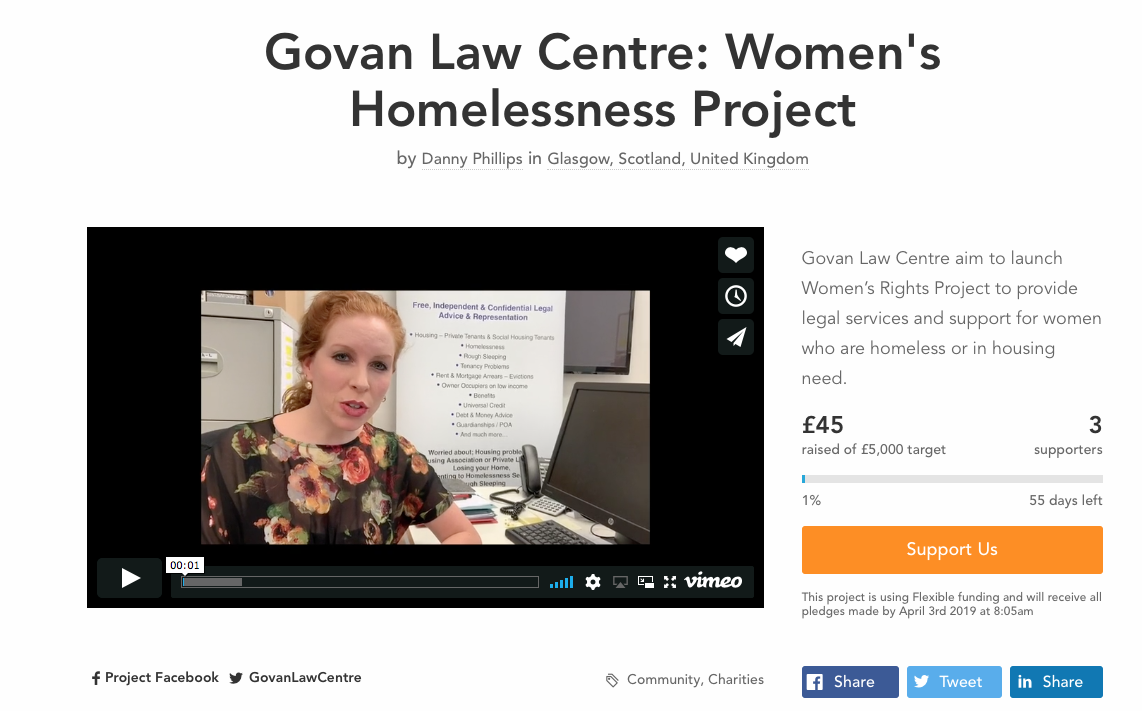
Northern Rock (Asset Management) plc (NRAM) has asked the Court of Session to dismiss its appeal against
the decision of Sheriff Deutsch in the NRAM plc v. Millar GLC test case. NRAM's appeal was dismissed on Friday, 7 September 2012 (the procedural hearing date of the case) with judicial expenses awarded in favour of the defender.
The reason given by NRAM for abandoning its appeal to the Inner House was because it had become aware the Scottish Government was now willing to bring forward law reform to amend its
2010 Pre-Action Requirements Order (PAR) so that 'default' would mean a simple missed mortgage payment. The ruling in Millar meant that key information - and a final last chance to remedy mortgage 'default' - had to be provided on or after the expiry of the calling up notice, generally served before court proceedings were raised.
It is understood* (
see update below) the Scottish Government will amend the definition of 'default' in the PAR, so that there will be no need to provide key PAR information prior to proceedings being raised.
GLC's Principal Solicitor, Mike Dailly said: "We believe the Millar judgment was fantastic news for Scottish consumers because it meant they would always get an extra and final chance to avoid court proceedings after a calling-up notice. Govan Law Centre is dismayed to hear that the Scottish Government will now scrap this final last chance for Scottish homeowners, and in so doing render the Pre-Action Requirements toothless, and in effect a duplication of the FSA's existing equivalent MCOB rule. The Scottish Government should be backing struggling homeowners and not legislating for lenders".
GLC notes that Sheriff Deutsch had eloquently explained the logic of PAR information being sent after the expiry of a calling up notice in his judgement in Millar (at paragraph 84, which is reproduced below).
The first public mention of the Scottish Government legislating for lenders was raised in an article in the industry magazine, the
Mortgage Finance Gazette, where Mr Rob Aberdein of Aberdein Considine & Co., Solicitors (a Scottish firm who act for a number of lenders in repossession proceedings in Scotland) said in relation to the NRAM v Millar case:
"
Should an appeal not be forthcoming or be unsuccessful then I did meet the Scottish Government at the start of the year on the matter of the impending Glasgow cases decision and have exchanged correspondence with Alex Neil MSP, the cabinet minister for infrastructure and capital investment, on the topic. Both are supportive of corrective secondary legislation as they believe the decision is not consumer friendly and potentially damaging to their goal of avoiding repossession and resultant homelessness".
GLC is not aware of evidence whatsoever to support the assertion by Mr Aberdein, which he ascribes to the Scottish Government. We note that lenders have already changed their practice since earlier this year to comply with the legal reasoning in Millar. Further, we note that any proposed law reform cannot be retrospective.
Note
NRAM plc v. Millar &; RBS plc v. McConnell judgment:
[84] Regardless of whether those responsible for managing the bill which gave rise to the 2010 Act operated under a misunderstanding as to whether non-payment constituted a default for the purposes of section 19 of the 1970 Act, now that the position has been clarified, it appears to me that the required information will actually be sent to debtors at a time when, given the recent expiry of the calling up notice, they might be more inclined to pay that information some serious regard. At that point the debtor should be in no doubt that the creditor may apply to the Sheriff court for warrant to repossess and to sell the property. That level of understanding on the part of the debtor might be less likely to exist if, in accordance with the pursuers' interpretation, the default which triggers the requirement to provide information, need be no more than one month of arrears. The possibility must exist that there will be debtors with a tendency to pass in and out of an arrears position on a regular basis. One corollary of that situation might be that such persons would receive a regular stream of correspondence providing the required information. Such a volume of similar correspondence might be expected to be ignored. It might also be expensive for creditors.
* Update from 24 September 2012: Scottish Government confirms it has not made any decision to amend the 2010 Order: link to letter confirming same.

Northern Rock drops appeal as Scottish Government promises law reform for lenders


















